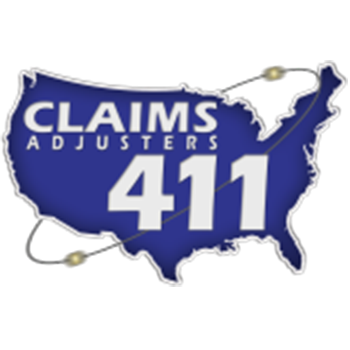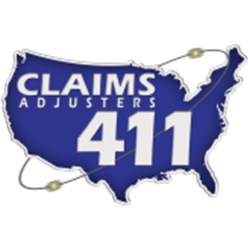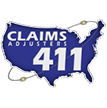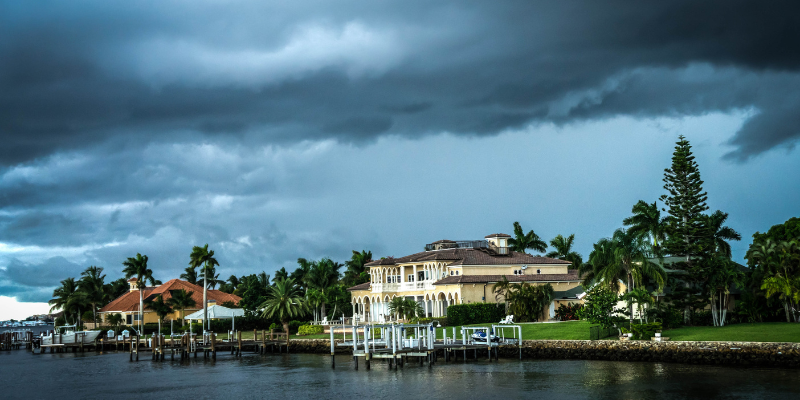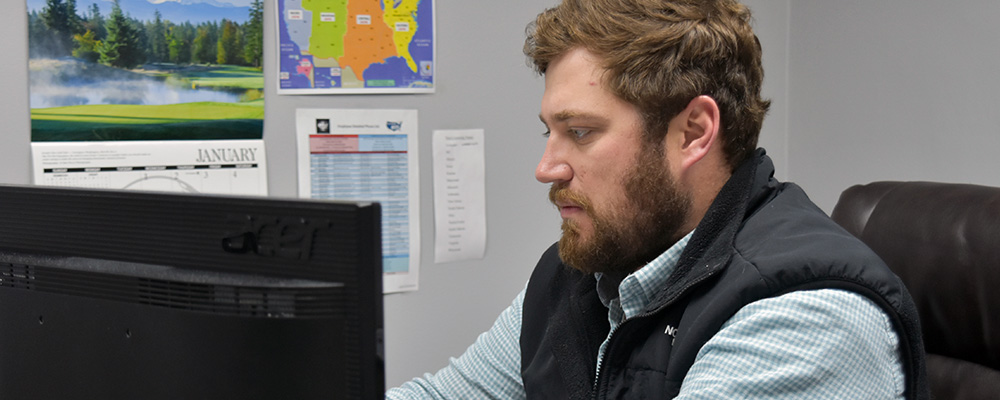
What Every Insurance Adjuster Should Know
What Every Insurance Adjuster Should Know
Welcome to the wonderful world of insurance adjusting! We’re glad you’re here. You might feel like the new kid right now, but we’re going to go over the basics to get you going in the right direction. There is a lot of information to cover, so let’s cut this introduction now and get started….
TYPES OF ADJUSTERS
You never really know if you will be one type of adjuster for your entire career, so it is good to know what type of adjusters there are and the difference between them. There’s basically 3 different types of adjusters: independent, staff, and public. Beyond that there are sub categories within in each type where adjusters can specialize: property, catastrophe, marine, auto, liability, etc.
Independent Adjuster
An independent adjuster is not bound by one adjusting firm and can actually work for multiple adjusting firms on a sub-contractor basis. Our AAN Adjuster team is made up of independent adjusters based across the country.
Staff Adjuster
A staff adjuster works for one insurance company as an employee. Staff adjusters can be local or companies deploy them where they have a need. So, you do have the chance to travel, but it depends where you are employed.
Public Adjuster
A public adjuster works on behalf of an insured client instead of the insurance company. Public adjusters represent the insured’s interest throughout the claims process.
ADJUSTER LICENSING
If you don’t know already, not every state has the same adjuster regulations. Isn’t that fun? I’ll include a link where you can reference the specific state information in a moment, but here are the basics….
States that don’t require an adjuster license:
Colorado, District of Columbia, Illinois, Iowa, Kansas, Maryland, Missouri, Nebraska, New Jersey, North Dakota, Ohio, Pennsylvania, South Dakota, Tennessee, Virginia, and Wisconsin.
Texas Adjuster License
A Texas adjuster license is reciprocal in 30 states and you don’t have to be a resident of Texas to receive the Texas adjuster license. Meaning, if you have a Texas adjuster license you can work in states that will accept that license in place of their own state adjuster license.
You can find all the specific state licensing information here: http://bit.ly/2jbqwYx
TRAINING
Have you looked in to all the additional training and certifications that are available to adjusters? There is a lot and it can be a little overwhelming at first. To narrow down what would be the best for you, think about the types of claims you are willing/want to work. Are you willing to get on a roof? HAAG certification would be great as well as additional safety training. There is training for CAT adjusters, water damage safety (think mold), property claims, and so much more. Most firms that you will work for provide a lot of training and on-site training, but also do your own research online. We live in a time with instant access to an infinite amount of information at your fingertips, embrace it.
THE BIG NO-NOS
As a new adjuster, mistakes might happen. But let’s narrow that margin of possibility, shall we?
- Never share an estimate. Say it out loud – “Never share an estimate.” Repeat that as a mantra every morning so it is a subconscious action and you will NEVER share an estimate. Not with a claimant, not with a contractor, no one. It will go in the report, and that’s it.
- Never recommend someone to a claimant for repairs. Like if you have a background in home repair, don’t recommend a friend to a claimant to fix the damage to their home. You are there representing an insurance company and no one else.
- Never lose your cool with a claimant. If the situation seems like it is going in a bad direction, attempt to bring it back to calm or request to come back at another time and walk away. You always want to be professional and courteous. Think Road House – be nice.
- Never look unprofessional. You’re representing a company and you never know if the claimant will leave feedback about you. You don’t want a comment coming back about how horrible you looked. For some firms, it only takes one negative comment to stop sending you claims.
- Don’t just guess at things you are unsure about. There is always someone you can ask, or get online and check out the Adjuster groups on Facebook and other social platforms and post your question. YouTube is a great source for adjuster education as well. You’re not alone in this industry and adjusters help each other, so use all the resources available to you and you are going to be great!
ADVANTAGES OF JOINING THE AAN ADJUSTER TEAM
The 411 Adjuster Team is made up of independent adjusters from all over the country. 411 provides all the training you will need. We even provide on-site training with Sr. Adjusters so you learn from the best. We provide webinars, workshops, and other online resources to keep you up to date on everything going on the in the industry.
